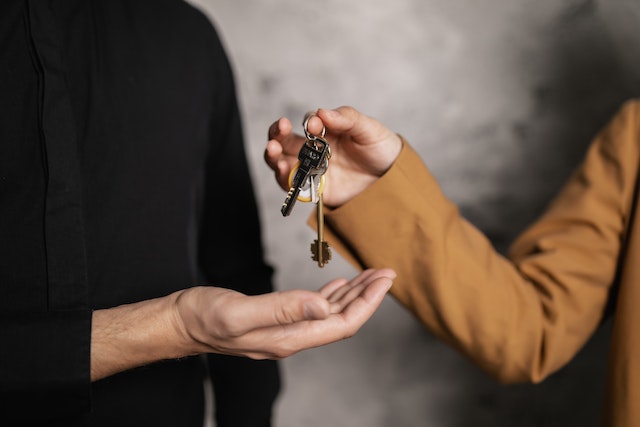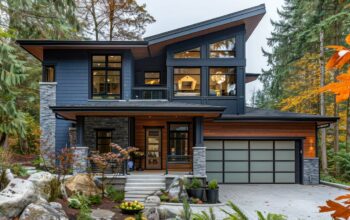Homeownership is something many aspire to accomplish. Owning a residence means having a secure and stable place for you and your family. It also serves as a financial investment that reduces tax obligations, accrues equity, and increases value. While homeownership has many benefits, it’s a commitment that you shouldn’t enter into lightly.
Ultimately, to reap the benefits, you’ll have several financial obligations. Failure to keep up with those responsibilities could cause you to lose the very thing you’ve worked so hard to acquire.
True Costs Of Homeownership
Before you begin shopping for houses, it’s essential to understand the actual costs of homeownership. Although you may have considered the down payment, closing costs, and monthly mortgage expenses, that’s not all you’ll have to cover. Below are some financial considerations to keep in mind.
Homeowners Insurance
Mortgage companies require their customers to secure insurance to protect the property. An adequate insurance policy provides financial coverage if something happens to the property, like theft, vandalism, or structural damage due to natural disasters.
Therefore, you’ll need to compare high-value home insurance companies to find a policy that offers enough protection to satisfy the mortgage provider and protect your belongings. While the monthly premium varies, you can expect to pay between $1,000-$4,000 annually.
Property Taxes
Property owners are responsible for property taxes. It’s a tax issued by state and local municipalities to fund government functions ranging from school districts and community amenities to infrastructure and other local projects. Property taxes vary by location and property size; however, you can expect to pay anywhere from 0.14%-2.49% of the median home value in the state every year.
HOA Fees
If you move to a neighborhood with a homeowner association, you’ll be responsible for fees. The monthly payments cover services offered by the association or municipality. Such services might include sewage, trash removal, water, pest control, community pool, and common area maintenance. Again, the rates will vary by location (and covered services), but you should expect to pay approximately $200-$400 a year.
Maintenance
Whether you move into a new construction property or a fixer-upper, you’ll still be required to keep up with maintenance. The cost of home maintenance will vary from a few bucks to change air filters to several thousand dollars to service your roof. You’ll have to cover associated expenses, including tools, building materials, and contractor fees. The average expenditure is 1% of your home’s value annually.
Everyday Expenses
Your daily expenses will likely increase as a homeowner. For instance, a house’s electricity costs more than an apartment’s. You’ll need to research the average living expenses in the area you’re interested in to ensure it’s affordable. You should also factor in the above homeownership expenses and outside obligations to see how much you’ll need to pay each month/year.
Are You Prepared?
Now that you have a general understanding of the actual cost of homeownership, the question becomes, “Are you prepared to handle the responsibilities?” Although you’re anxious to buy a house, it’s essential to answer the question honestly.
If becoming a homeowner will cause you financial hardship, it’s best to wait until your circumstances improve before you take on the responsibility. Paying down debts, reducing or eliminating wasteful spending, and considering a side gig are ways to help you reach your goal faster. Searching for a more affordable home and moving to an area where the cost of living is lower can also reduce your financial burden.
Owning a home is an honor and privilege that comes with many advantages. However, the reward doesn’t come without hard work and financial investment. As the economy continues to fluctuate, prospective homeowners must assess the true costs and ensure they can survive. While this may put your dreams on hold for a while, considering and preparing for the financial considerations listed above will ensure that you can purchase, keep, and enjoy your home for years to come.
Related Posts












